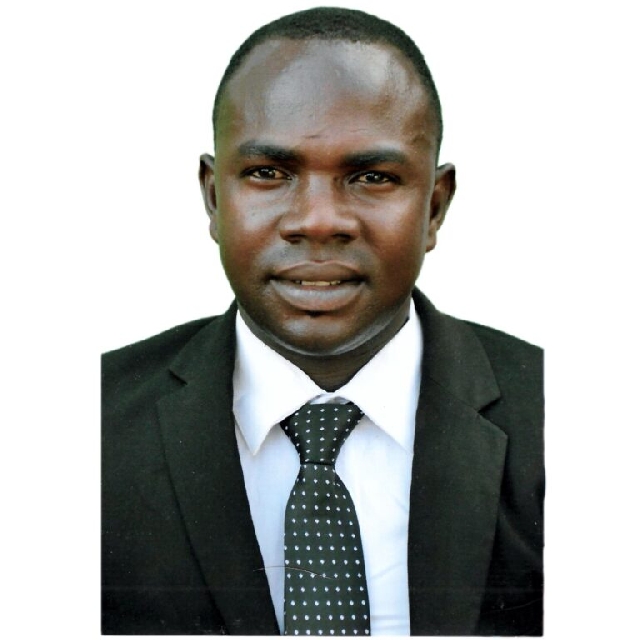
The family of Samuel Abayateye, 38, a Ghanaian fisheries observer who went missing in October 2023 is grappling with authorities’ reluctance to release crucial DNA test results.
Despite efforts by the family to obtain the results, their attempts have been met with silence from authorities.
Samuel’s decapitated body was discovered a month after his disappearance aboard the tuna vessel “Marine 707” stationed at Tema Harbour.
His brother, Yohane Abayateye, has revealed that the family is contemplating legal action against the Ghana Police Service to compel the release of the investigative findings, particularly the DNA test results that could confirm the identity of a headless body found washed ashore in December.
Yohane said the Police has declined to comment on the case’s progress, citing it as still under investigation.
Adding to the distress is the broader concern over the safety of fisheries observers in Ghana.
Another observer, Emmanuel Essien, went missing in 2019, highlighting a pattern of authorities failing to act promptly in such cases.
This atmosphere of fear is palpable among observers, raising questions about the government’s commitment to their safety.
For the Abayateye family, this tragedy is not their first encounter with the dangers inherent in the profession.
Yohane recounted the mysterious death of a cousin who was also a fisheries observer in 2022, further underscoring the risks associated with the job.
Elizabeth Mitchell-Rachin, a board member of the Association for Professional Observers (APO), emphasized the critical role observers play in sustainable fisheries management.
However, she noted widespread challenges faced by observers globally, including assault, harassment, and interference in their work.
World Marine Company Limited., the operator of the vessel from which Samuel disappeared, maintains that they reported the incident promptly to the authorities and cooperated with investigations.
However, questions linger over the company’s history, including previous sanctions for fisheries violations.
The case has garnered international attention, with the APO pressing Ghanaian authorities for updates.
Yet, delays in releasing investigation results and a lack of communication with the family have raised concerns about transparency and accountability.
Steve Trent, CEO of the Environmental Justice Foundation, highlighted the urgency of action to protect observers and ensure transparency in the global tuna supply chain.
As the Abayateye family seeks closure and answers, their plight underscores broader issues of safety and accountability within the fishing industry, calling for decisive action from authorities and stakeholders alike.
ALSO READ:
